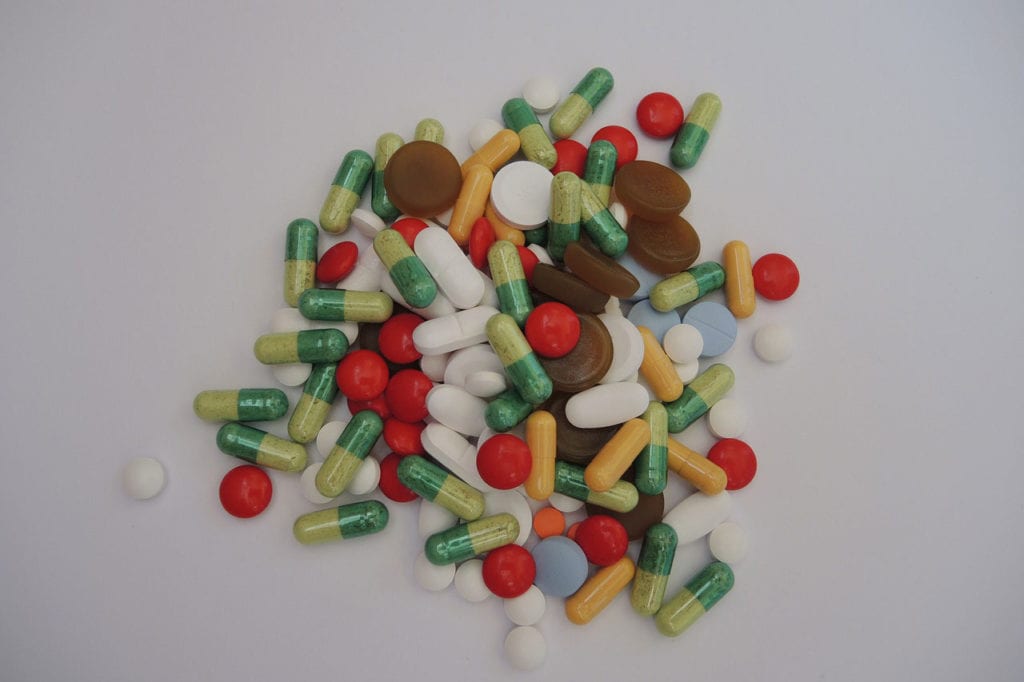What are Generic Drugs?
Generic drugs are any medications “equivalent” to brand name pharmaceuticals. These drugs are much cheaper than the brand name medications and the United States Food and Drug Administration (FDA) assures that these drugs are of the same quality.
Most of the drugs Americans take every day are actually generic drugs. After all, if you’re getting the exact same thing, why would you pay more when you can pay less? It’s the same as buying paper towels in the store.
Except for one thing.
It’s come to light that generic drugs might not actually mimic brand name drugs as closely as we’ve been told.
Katherine Eban is an investigative journalist and author of two books related to generic drugs (including her recent publication, Bottle of Lies: The Inside Story of the Generic Drug Boom). She explains many of the issues surrounding generic drug manufacturing in a recent podcast with The People’s Pharmacy.
The Problem
Eban dedicated years to investigating the manufacturing industry of generic drugs. During this time, she’s uncovered quite a bit of disconcerting information.
Numerous recalls have alluded that there is a larger problem than the FDA has let on. These recalls have included many medications used to treat types of hypertension such as primary pulmonary hypertension (PPH) and pulmonary arterial hypertension (PAH) including valsartan, losartan, and irbesartan.
Most of the active ingredients in generic drugs (80%) come from countries outside of the United States such as India and China. Eban conducted numerous interviews with those working with generic drug manufacturing in these countries. What she found was-
“A shocking story of incompetence, fraud and coverups among companies making generic drugs.”
Dinesh Thakur
For instance, Dinesh Thakur worked for Ranbaxy, a genetic manufacturer in India after spending time working within the pharmaceutical industry in the United States. Unfortunately, he soon uncovered evidence that the company had been falsifying drug quality data and reported what he found to both Ranbaxy’s board of directors as well as the FDA.
Ranbaxy pleaded guilty and paid 500 million dollars in fines. After, the FDA banned Ranbaxy from exporting certain products to the United States.
This was back in 2013. But unfortunately, it’s not just Ranbaxy and it’s not just manufacturers in India. The issue of data integrity is truly a global issue. The best thing about the Ranbaxy case is that it brought international awareness to this problem.
The Solution
So what can be done? As an individual, Eban explains there’s not much. We can each individually check on the reputation of our generic drug’s manufacturer but that is difficult and time-consuming.
Thankfully, the FDA is taking their own steps to better assure the quality of generic drugs.
The FDA has recently initiated a pilot program which will evaluate blockchain technology as a way to better regulate the supply and distribution of generic drugs. This program is a part of the U.S. Drug Supply Chain Security Act, a piece of regulation that was formed to improve oversight.
The initial investigation will include Merck, Walmart, and IBM. Researchers hope it will reduce the time needed to monitor drugs, ensure drugs are being handled correctly (ex: stored at the correct temperature), and improve the accessibility of reliable distribution data. The project should be completed by the fourth quarter of this year.
Besides programs like this one, we can also work together to encourage Congress to amend how generic drug distribution is approached. For instance, it could be required for drug labels to include their country of origin.
“Voters should make sure legislators know that problems with generic drugs are not esoteric or unimportant. They can be a matter of life and death.”
You can read more about this take on generic drugs here.





